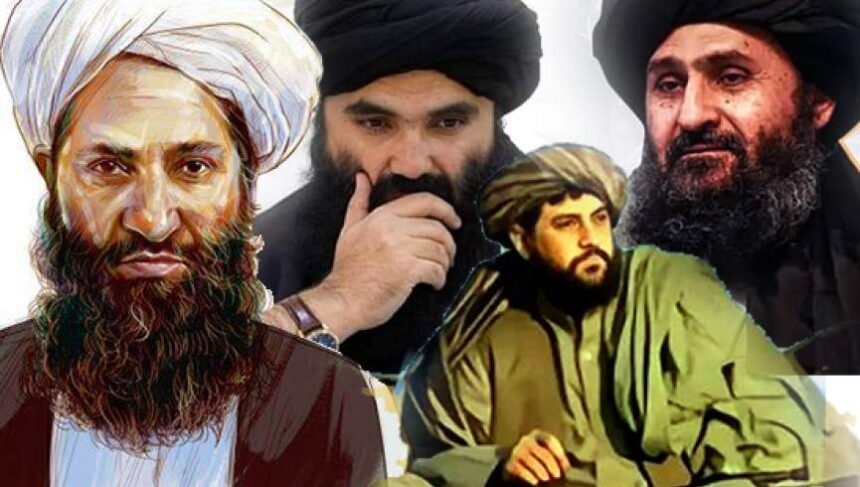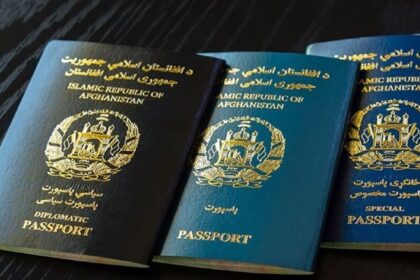RASC News Agency: The Chinese think tank “Unbound” has reported that internal divisions within the Taliban have escalated to a critical level, warning that continued infighting could destabilize the group’s rule. According to the think tank’s analysis, the Taliban are grappling with severe internal fractures, with power struggles reshaping the group’s internal hierarchy. The Haqqani Network, once a dominant force within the Taliban’s leadership, has been systematically sidelined, while the Doha faction, led by Mullah Abdul Ghani Baradar, has been rendered politically irrelevant. Meanwhile, Mullah Haibatullah Akhundzada has consolidated power in Kandahar, seizing control of key institutions and centralizing authority moves that have intensified factional rifts within the group.
The report highlights that the Haqqani Network, previously a cornerstone of the Taliban’s military and intelligence operations, has been marginalized, with its leaders increasingly distanced from the movement’s inner circle. Likewise, the Doha faction, which had sought greater engagement with the international community, has seen its influence diminish drastically. The think tank further warns that the Taliban’s decentralized command structure is beginning to fracture, as regional commanders gain increasing autonomy. This “power diffusion”, if left unchecked, could pose a serious existential threat to the Taliban’s authority.
In its assessment, Unbound states:
“The Taliban leadership, guided by an ultra-conservative interpretation of Sharia, has centralized power within a tightly controlled network in Kandahar. This grip over key institutions has, however, exacerbated internal tensions. The Haqqani Network once one of the most influential power brokers within the movement has been effectively pushed aside, with its senior figures, including Sirajuddin Haqqani, gradually distancing themselves from the Taliban’s core leadership.”
The report also underscores the rapid decline of the Doha faction since the Taliban’s takeover, noting that many of its prominent figures have been pushed to the political periphery. The analysis concludes with a stark warning: the Taliban’s internal divisions are deepening at an alarming rate, and if left unresolved, they could ultimately lead to the group’s political and military collapse.






